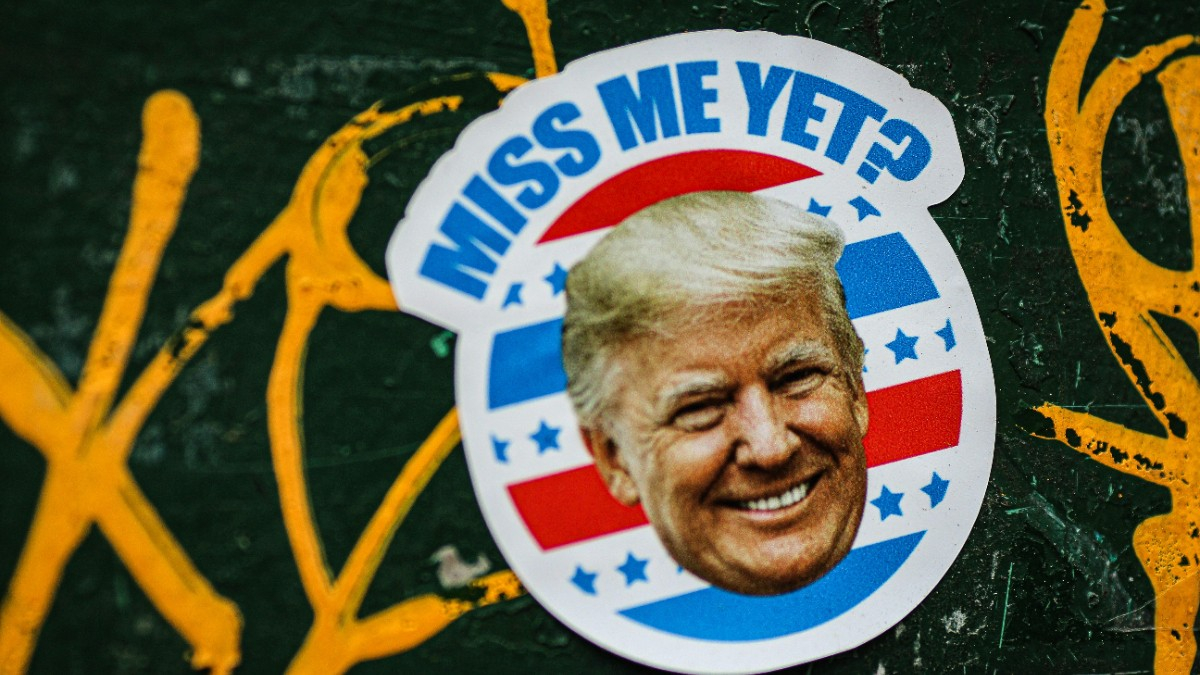The great announcement of Donald Trump’s victory in the presidential election over Kamala Harris has left many pondering upon his future political ambitions, particularly with regard to running for president again in 2028. The use of strict term limits on service imposed by the 22nd Amendment to the U.S. Constitution pretty much defines and delineates the American political landscape.
Understanding the 22nd Amendment
The 22nd Amendment to the U.S. Constitution, ratified on February 21, 1951, reads that, “No person shall be elected to the office of the President more than twice and no person who has held the office of President, or acted as President, for more than two years of a term to which some other person was elected President shall be elected to the office of President more than once.” What’s more, this amendment can be viewed as a reaction to Franklin D. Roosevelt’s unprecedented four terms in office. This stressed two important features: limiting presidential power and ensuring regular transitions of leadership.
It states that no person shall be elected to the office of the President more than twice. This, therefore, raises critical questions about Trump’s eligibility as he is said to contest in 2024 and again in 2028. According to several reports such as NBC Washington, what is clear within the constitutional framework is that in the event of Trump serving two terms, he shall be denied the chance to run for a third term, whatever the case or conditions may have been for his presidency as also stated in this article, Can Trump be president two terms in a row if he beats Harris and which president served more than eight years?
Current political standing
Currently, Donald Trump won his re-election in 2024, making him the 45th and 47th president. His victory cements the present standing but also puts up speculation of his future political plans. It is said that Trump has sent mixed signals over a possible third-term bid in the 2028 race, pending on what happens in this reelection bid according to IndyStar.
The historical precedent
Only one president in history has been elected for more than two terms: Franklin D. Roosevelt. An election to four terms was quite out of the ordinary, and the ratification of the 22nd Amendment thereafter was a surefire way to ensure that no other president after him would do the same. It puts in perspective just how terribly important this amendment has been within the framing of modern presidential elections.
While some political analysts have speculated about loopholes in the 22nd Amendment, the prevailing legal interpretation is that it applies across the board to anyone who has been elected to the presidency twice. Constitutionally, therefore, a third term for Trump in 2028 is ruled out.
Rumors and the impact on Trump’s future
These constitutional restrictions have done little to quell speculation about Trump’s political future. In the fallout, political commentators and analysts have debated everything from a potential Trump challenge to the interpretation of the 22nd Amendment to a run for some other political post. According to Newsweek, ambiguous statements from Trump about the 2028 election have done nothing to dampen speculation about his intentions and possible political maneuvering. In an interview, Trump revealed that he will not run for election again in 2028 if he lost. “No I don’t. I think that will be — that will be it. I don’t see that at all. Hopefully, we will be successful.”
Moreover, the continued talk on the amendment and Trump’s presidency underlines something deeper- a conversation on the outlook of American politics, the use of term limits, and the meaning of political dynasty.
